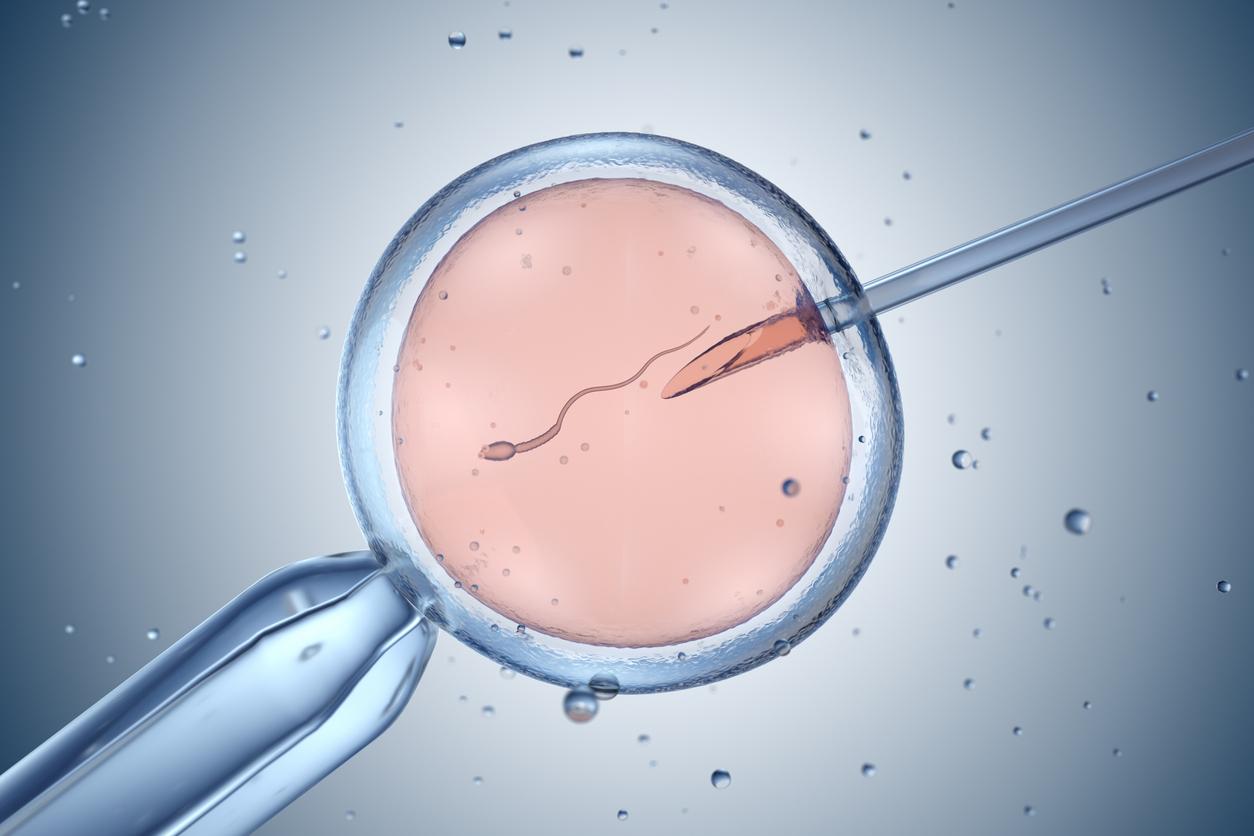The family history that is being played out in the court of Grasse at the moment is none other than that of the film “Life is a long quiet river”. But it’s not a comedy. Twenty years ago, two babies were switched at birth, without their parents knowing. And as Le Parisien explains, the two families are now claiming 12 million euros in compensation.
This news item, fortunately exceptional, has the merit of highlighting an important issue for healthcare establishments: identity vigilance, in other words, all the means implemented to avoid patient errors. The best known of these tools is none other than a small pink or blue plastic bracelet that all babies are supposed to wear at birth for about forty years. But the issue of identity vigilance goes far beyond that. “Good practice requires that the identification bracelet be systematically used “at least for anyone unable to state their identity”, according to a “Practical Guide to Identity Vigilance” produced by French medical experts”, notes the Parisian. Babies aren’t the only ones affected. People in a coma or with Alzheimer’s may be required to wear identification bracelets.
And the little plastic bracelet is far from the only tool to avoid fatal errors. For patients suffering from cancer and having to undergo radiotherapy, establishments today use biometric recognition, with the reading of fingerprints.
This identity monitoring project, little known to the general public, may seem technical, but it nevertheless has above all human consequences. For the two families who are currently claiming compensation from the Grasse court, “the damage remains incalculable”, proclaims one of the mothers in Le Parisien, who had a long depression when she discovered the initial error. And all those who have been operated on in place of another, who have suffered an error in the operating site, an error in the radiotherapy area or even a sampling error, know that small plastic bracelets or any other more technological tool represent a major challenge.

















